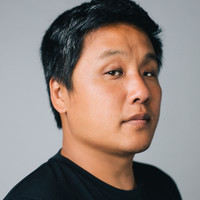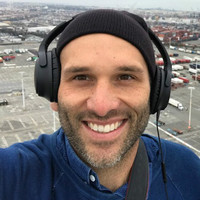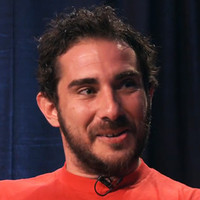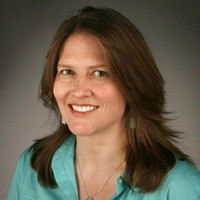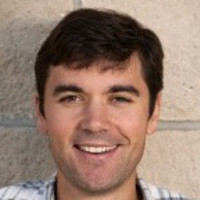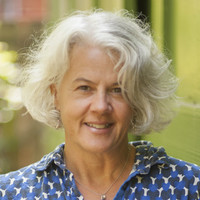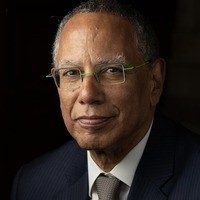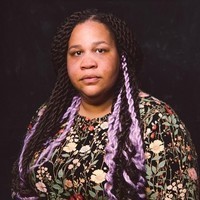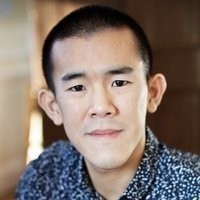Peggy Orenstein is a journalist and author. Her latest book is Unraveling.
“The challenge is… to not want to say, I need to know what the book is about. I need to have my chapters. I need to know what exactly I'm looking for. Because it's really scary to just go out and report and have trust that there's going to be interesting things and that if you just keep going, you're going to find them. So to not foreclose possibility and options and ideas is the biggest reporting challenge for those sorts of books for me.”



